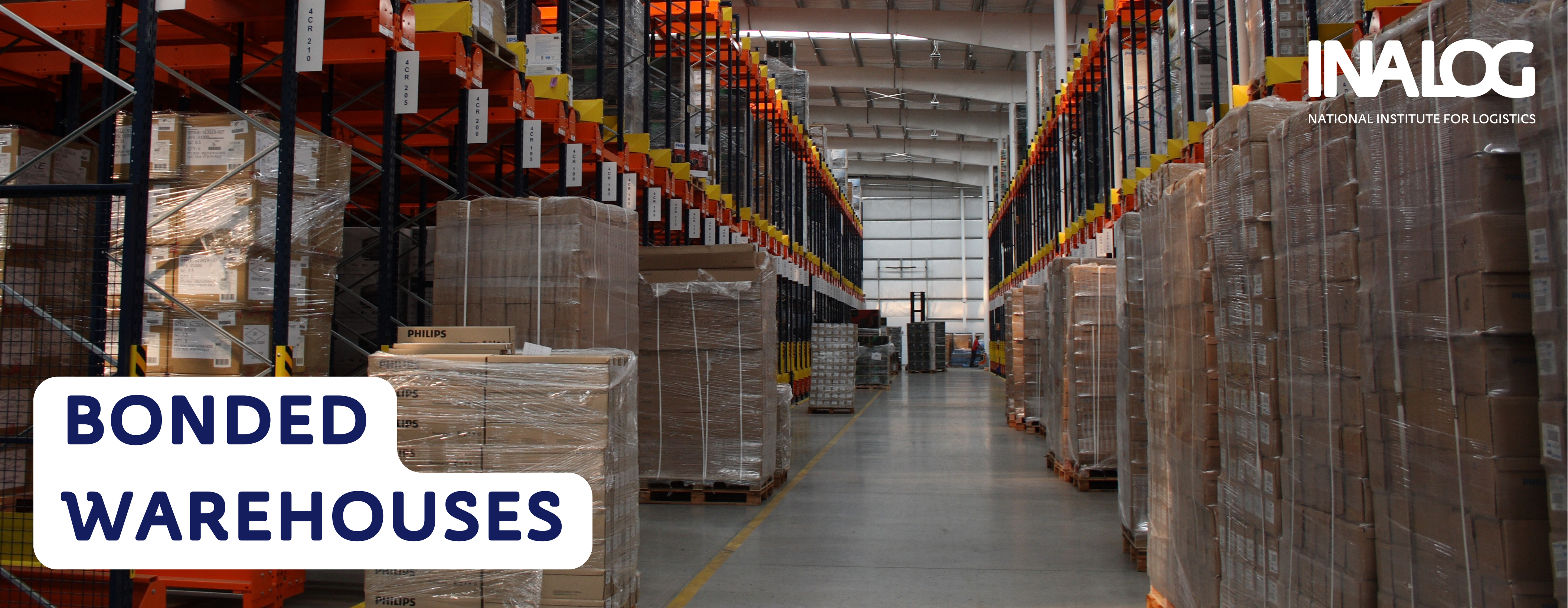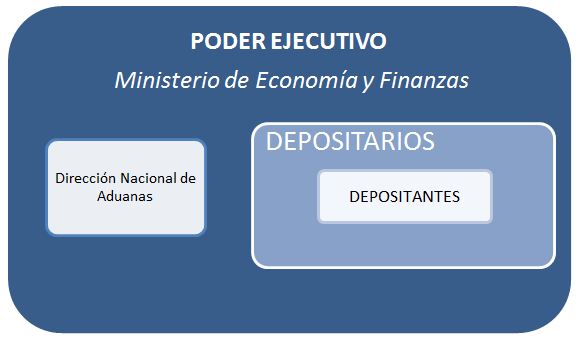 Bonded storage is the customs regime through which the goods enter or are kept in a space under private management without payment of taxes – except for appropriate fees – for their later inclusion in a different customs regime, their re-loading or re-exports.
Bonded storage is the customs regime through which the goods enter or are kept in a space under private management without payment of taxes – except for appropriate fees – for their later inclusion in a different customs regime, their re-loading or re-exports.
This definition makes the bonded warehouses an additional option of the Hub to install distribution centers, for the storage of merchandises in transit, even offering the possibility to add value to goods.
Uruguay has more than 15 customs warehouses.
GOODS IN THE BONDED WAREHOUSES
Foreign goods stored in transit may be unloaded and loaded again any time, free of any imports or exports taxes and any domestic tax.
They may be stored there for 24 months (non-extendable).
The MERCOSUR Certificates of Origin are withheld for up to 180 days, provided the goods are modified at the warehouse.
AUTHORIZED MODALITIES AND ACTIVITIES
In accordance with the Uruguayan New Customs Code (CAROU), warehouses are authorized under the forms below:
a) STORAGE WAREHOUSE: The goods may only undergo operations aimed to: ensure the recognition, preservation, lot splitting or volume fractioning, and any other operation that does not alter their value or change their nature or features.
b) COMMERCIAL WAREHOUSE: The goods may undergo operations aimed to: facilitate their trading, increase their value or alter their nature or status.
c) INDUSTRIAL WAREHOUSE: The goods may undergo operations aimed to: alter their nature or status, including the industrialization of raw material and semi-manufactures products, assemblies, mounting and any other analogous operation.
d) OVERHAUL AND MAINTENANCE WAREHOUSE: where the goods may be subject to repair and maintenance services, not modifying their nature.
e) TEMPORARY STORAGE WAREHOUSE FOR EXHIBITIONS AND SIMILAR ACTIVITIES: storage of foreign goods entered for the purpose of trade shows, demos, fairs or similar activities, following the authorization of the National Customs Directorate.
f) LOGISTICS WAREHOUSE: the goods may undergo operations that alter their status or nature, provided their origin is not altered; those activities may consist of: assemblage or mounting; mixes; insertion or replacement of parts, pieces or accessories; setup of hardware; installation of software; packing, packaging, labeling or addition of other products always used for the marketing of goods that are to exit the warehouse; and other similar operations established by the Executive Power.
STRUCTURE

National Customs Directorate (DNA):
This directorate is in charge of authorizing their deposits as well as the control, supervision and surveillance and the inbound and outbound goods.
Ministry of Finances (MEF):
The DNA raises a report to the Ministry of Finances, with the request for authorization; the Ministry should respond favorably for the permit to be granted. Furthermore, the Ministry of Finances will determine the amount to be set by the depositary as a guarantee.
Permit: the permit is non-transferrable; it is granted for 5 years, and may be renewed. The request for renewal shall be presented 6 months before the date it is due.
GUARANTEE
The minimal guarantee in the case of industrial deposits is U$S 400,000 (four hundred thousand dollars) and for the rest of the deposits is U$S 200,000 (two hundred thousand dollars) for surfaces of up to one thousand square meters, and for the entire term of the permit. For larger surfaces, an additional U$$ 30 per square meter is calculated.
Depositaries may set up a one-year guarantee provided that its renewal is accredited or a new one is set up within 30 days of expiration.
From the Regulatory Decree 99/015 regulating the Customs Code of the Uruguay (CAROU) it is exempted from such guarantee to: the area of customs storage tanks and repair / maintenance, provided it only stores empty containers, parts and tools for repair. It is also exempt from such guarantee deposits for transient exhibition or other similar activity.
DOWNLOAD FILES
LAW 19.276 – URUGUAYAN NEW CUSTOMS CODE (C.A.R.O.U.) – 19.09.2014
DECREE 216/006 – 10.07.2006 – PARTIALLY AMENDED BY THE C.A.R.O.U.
REGULATORY DECREE 99/015 – REGULATES LAW 19.276 – 20.03.2015
